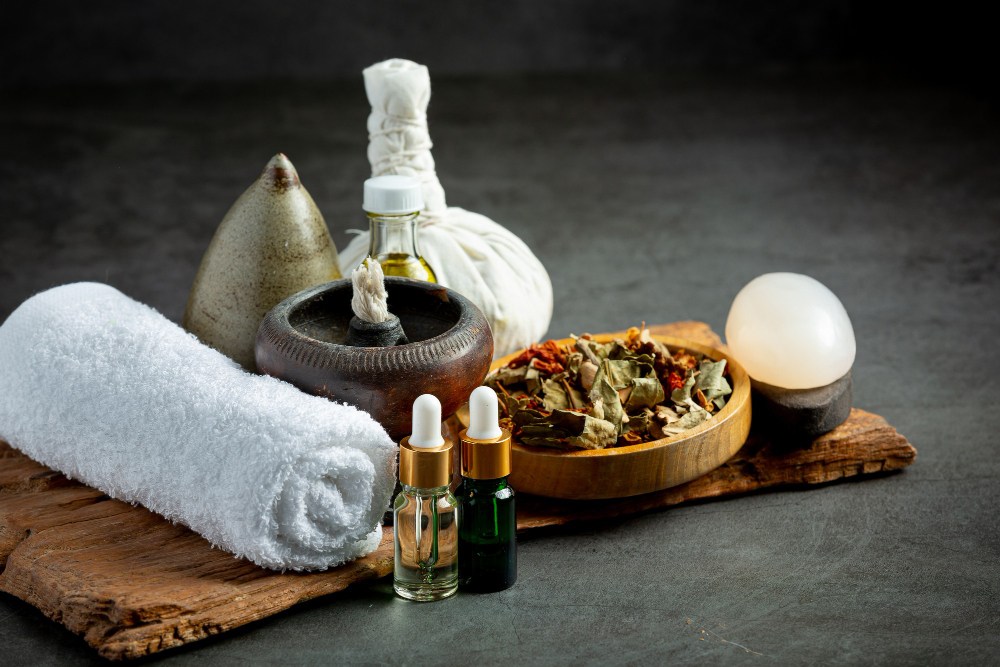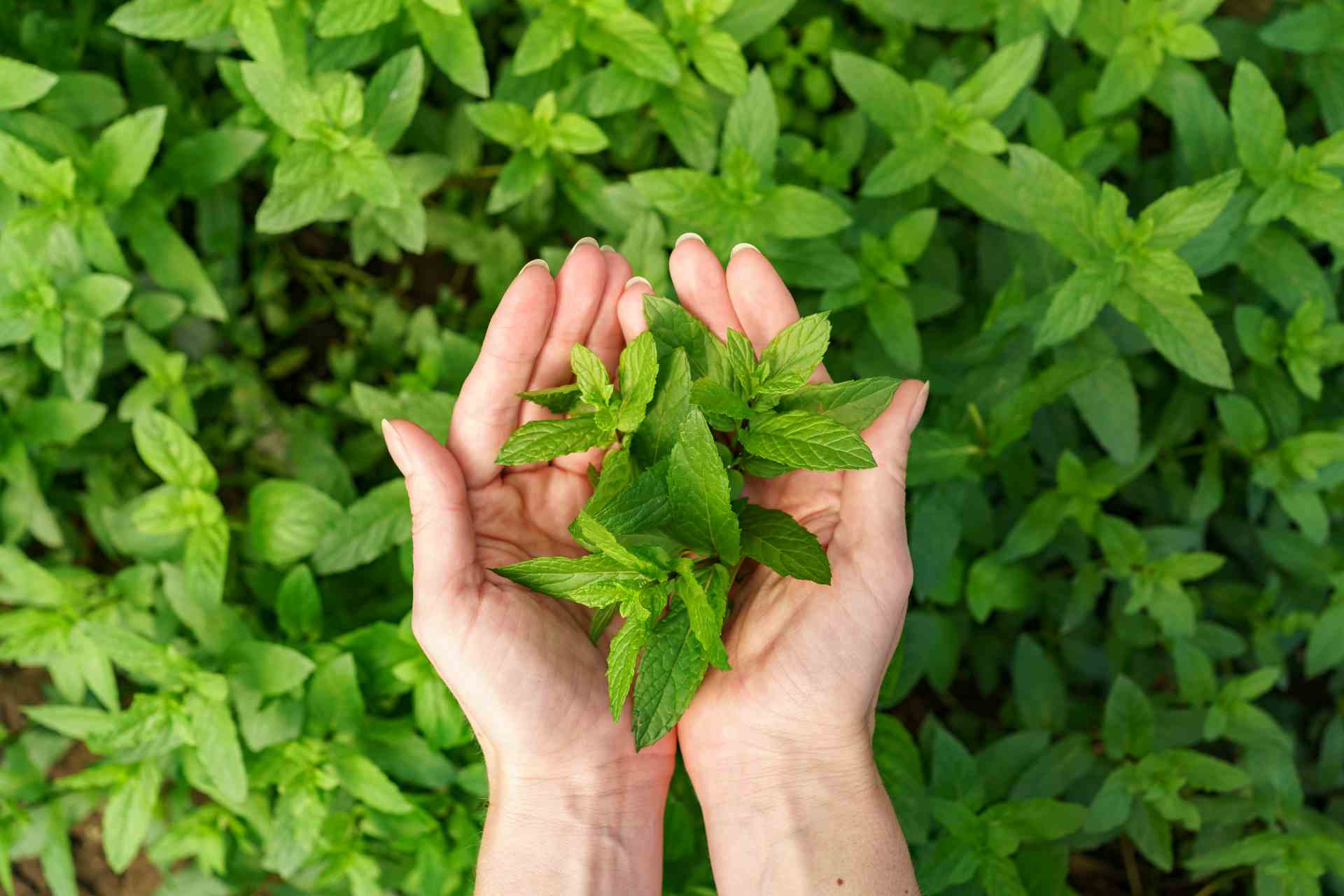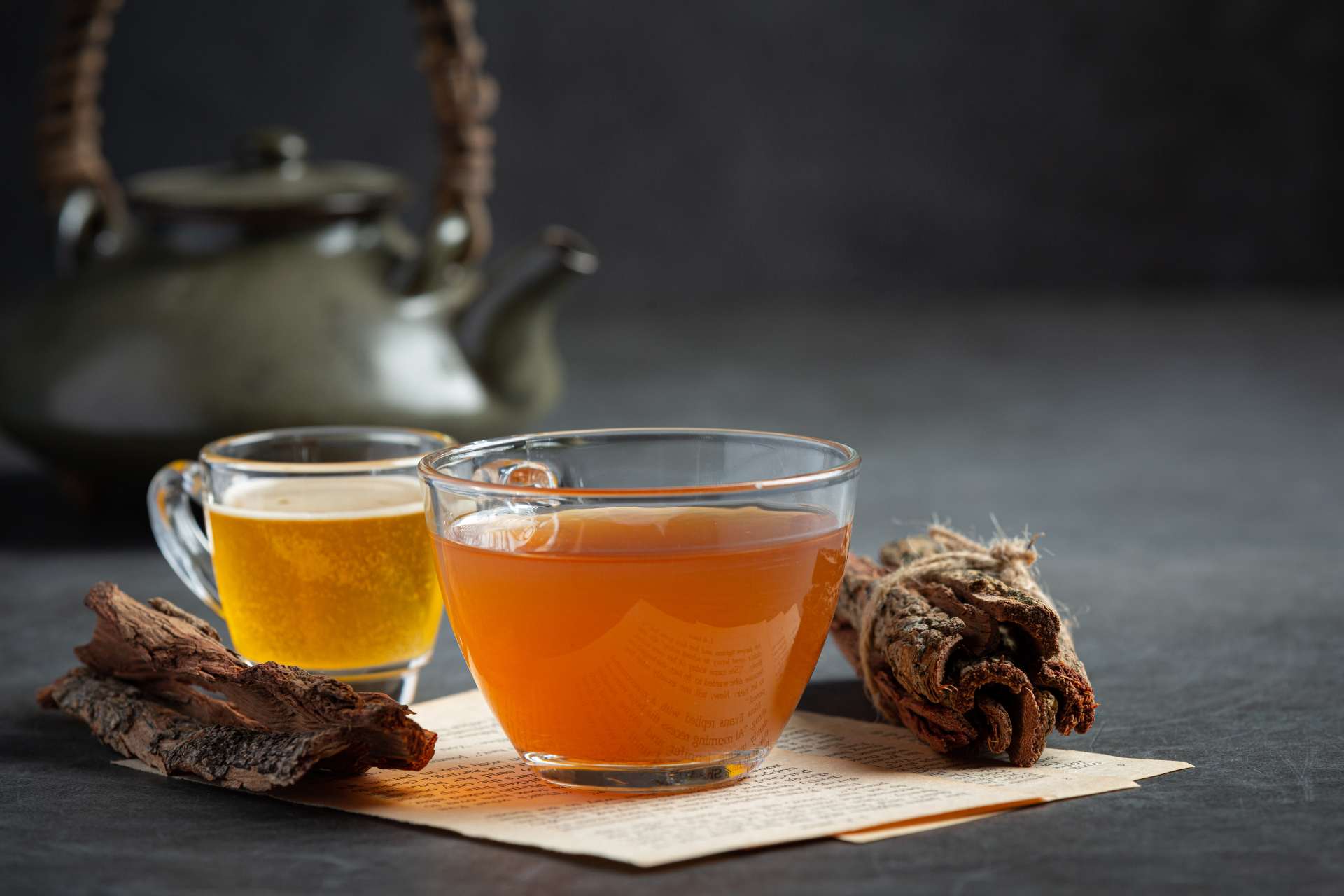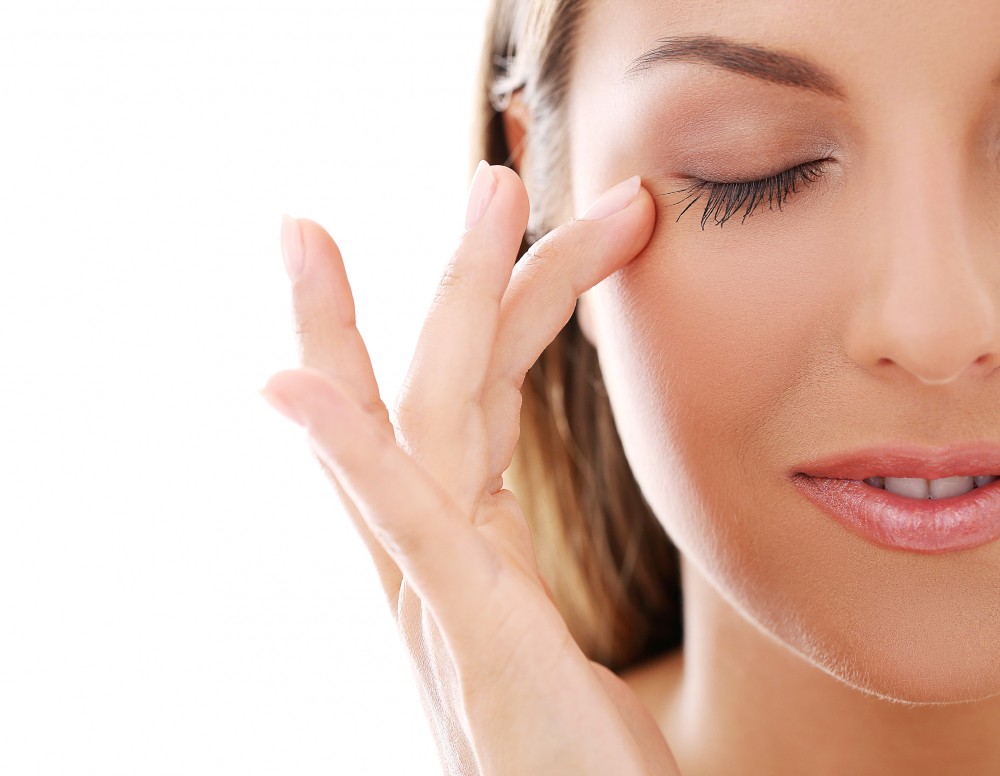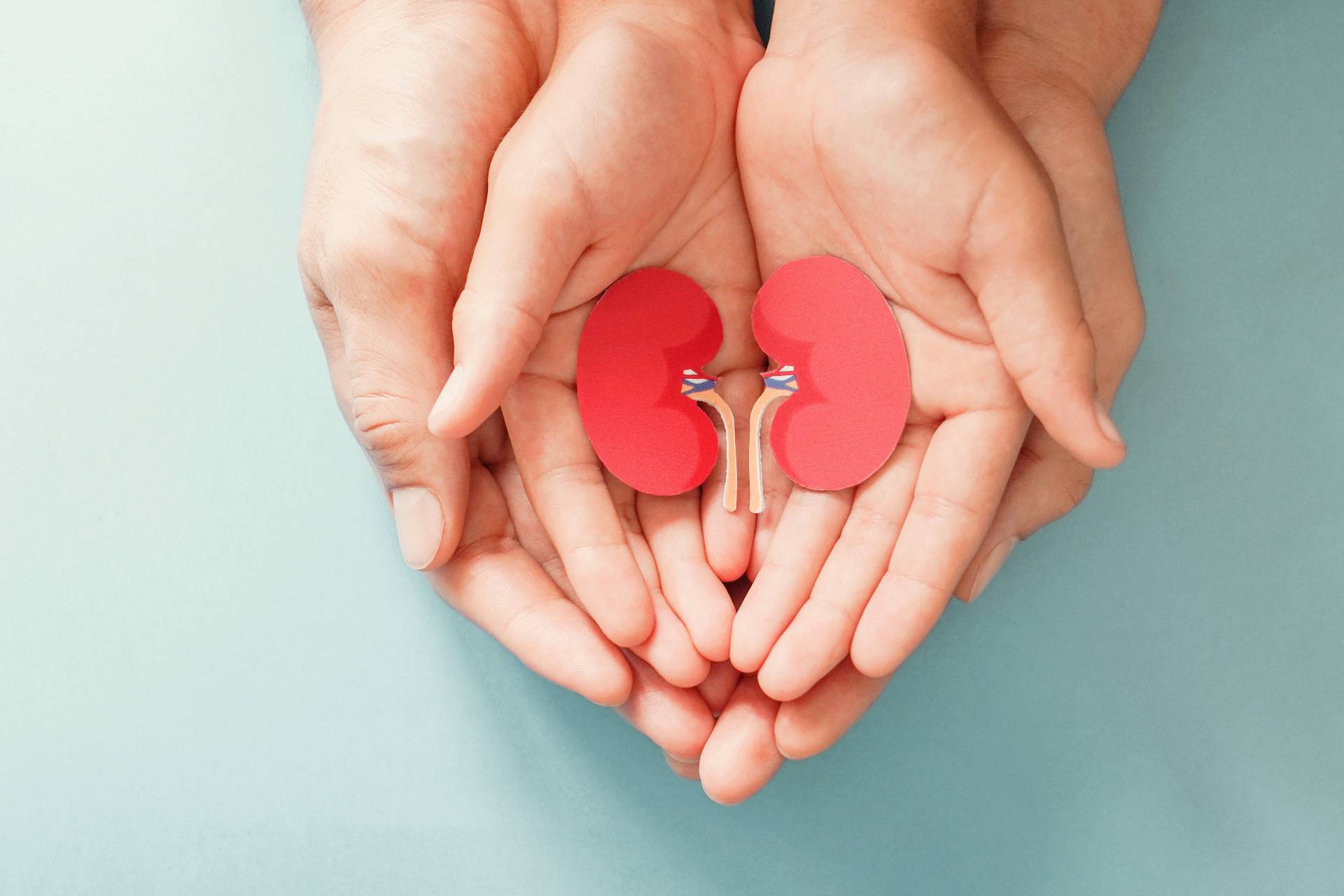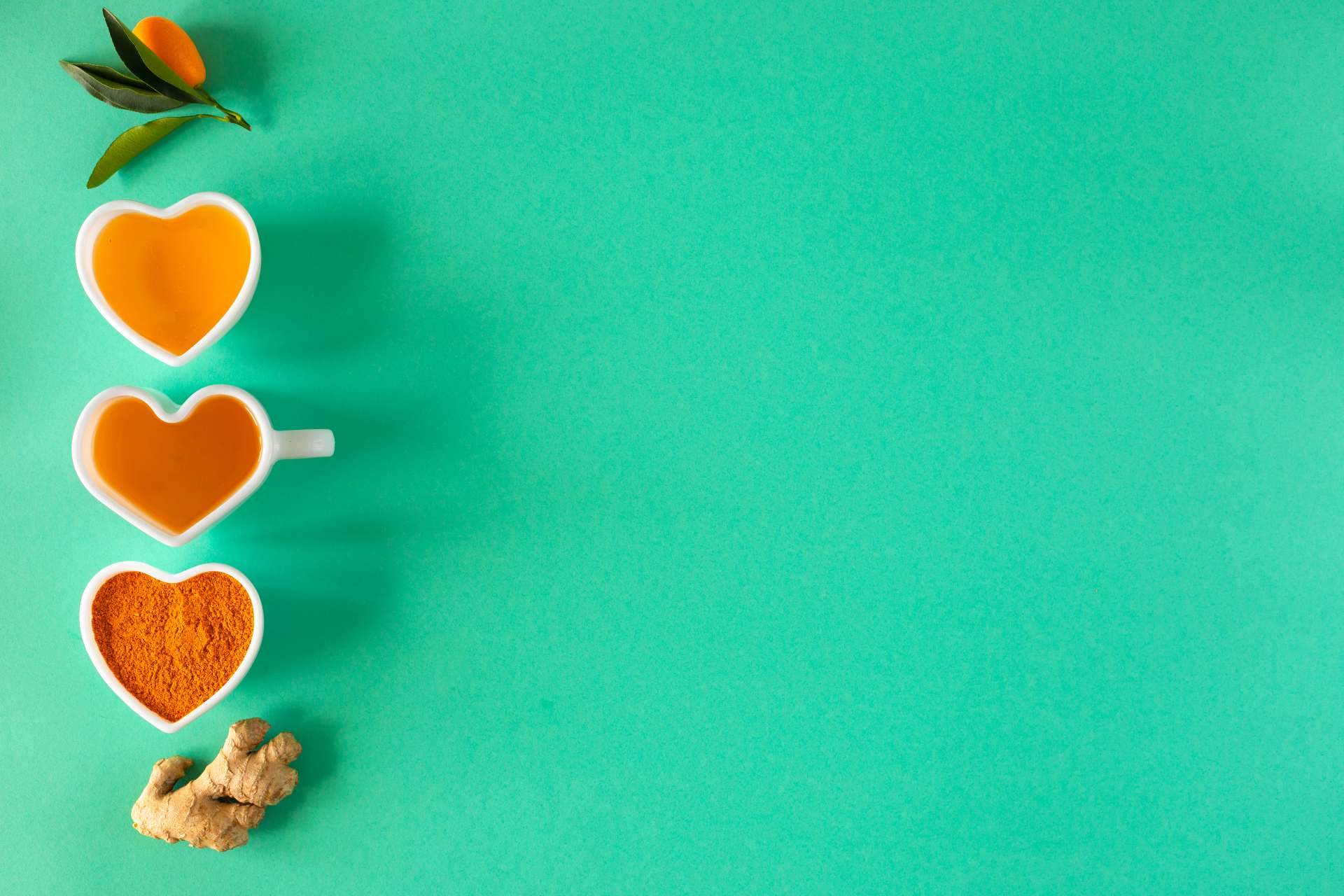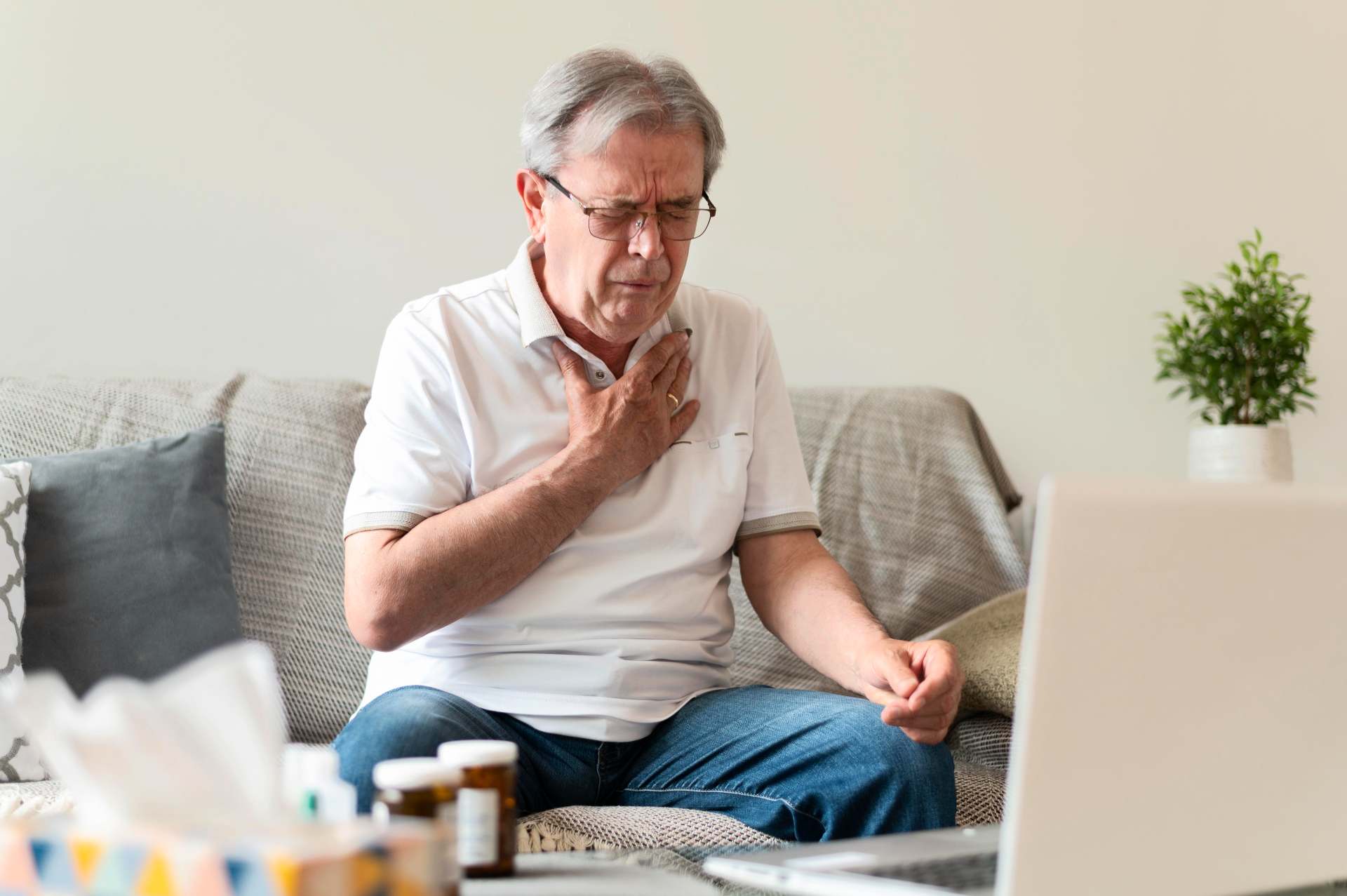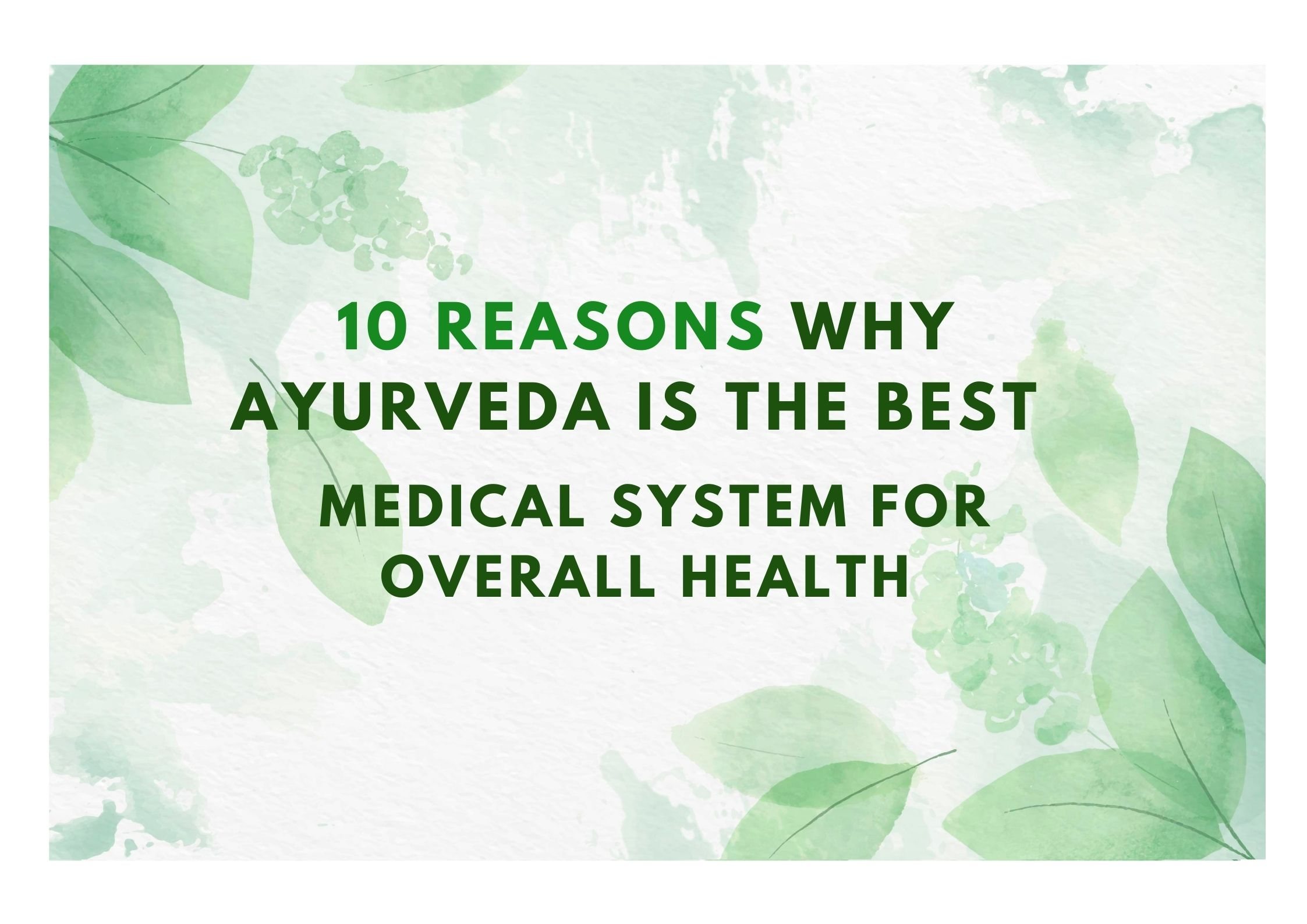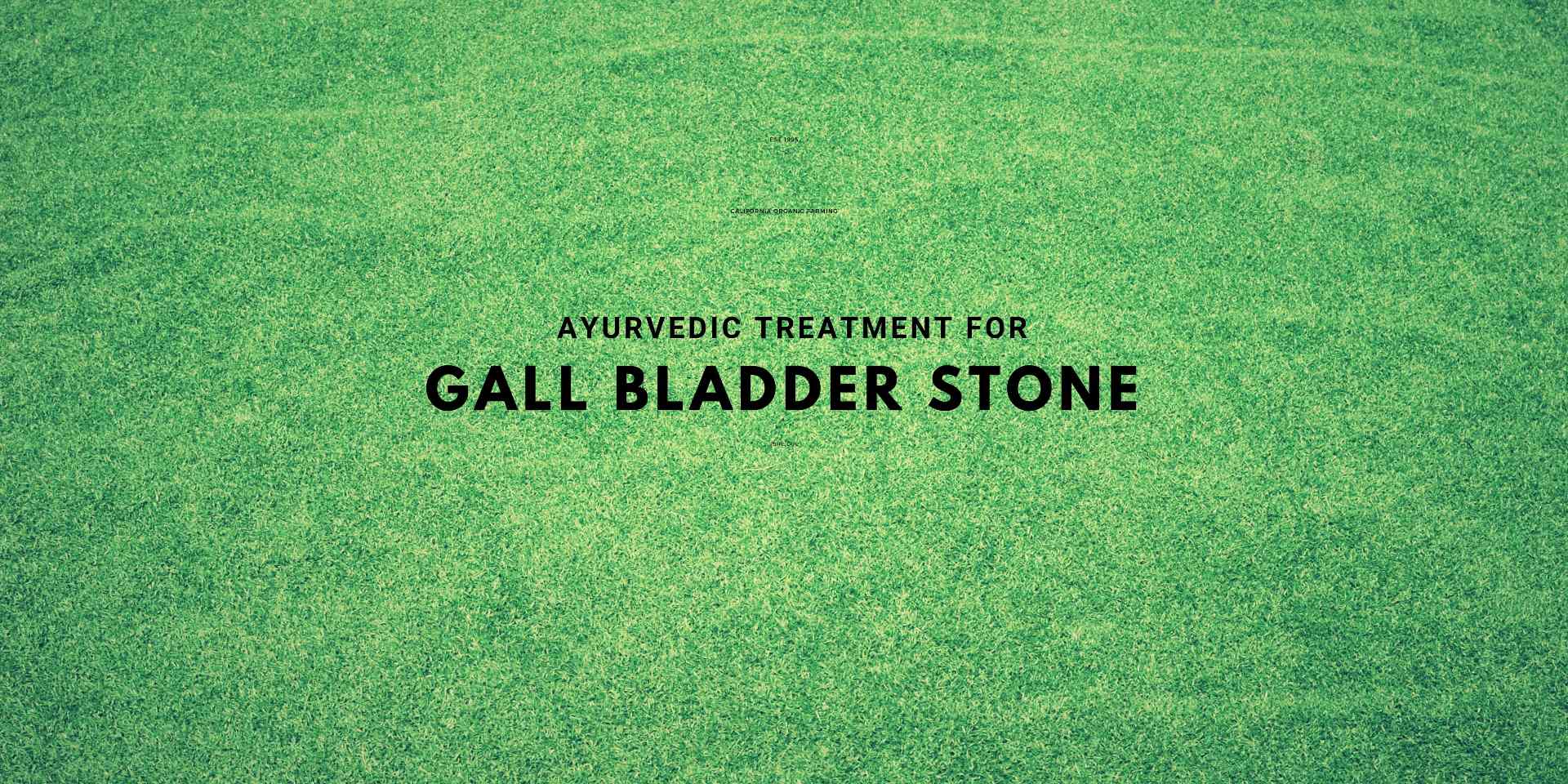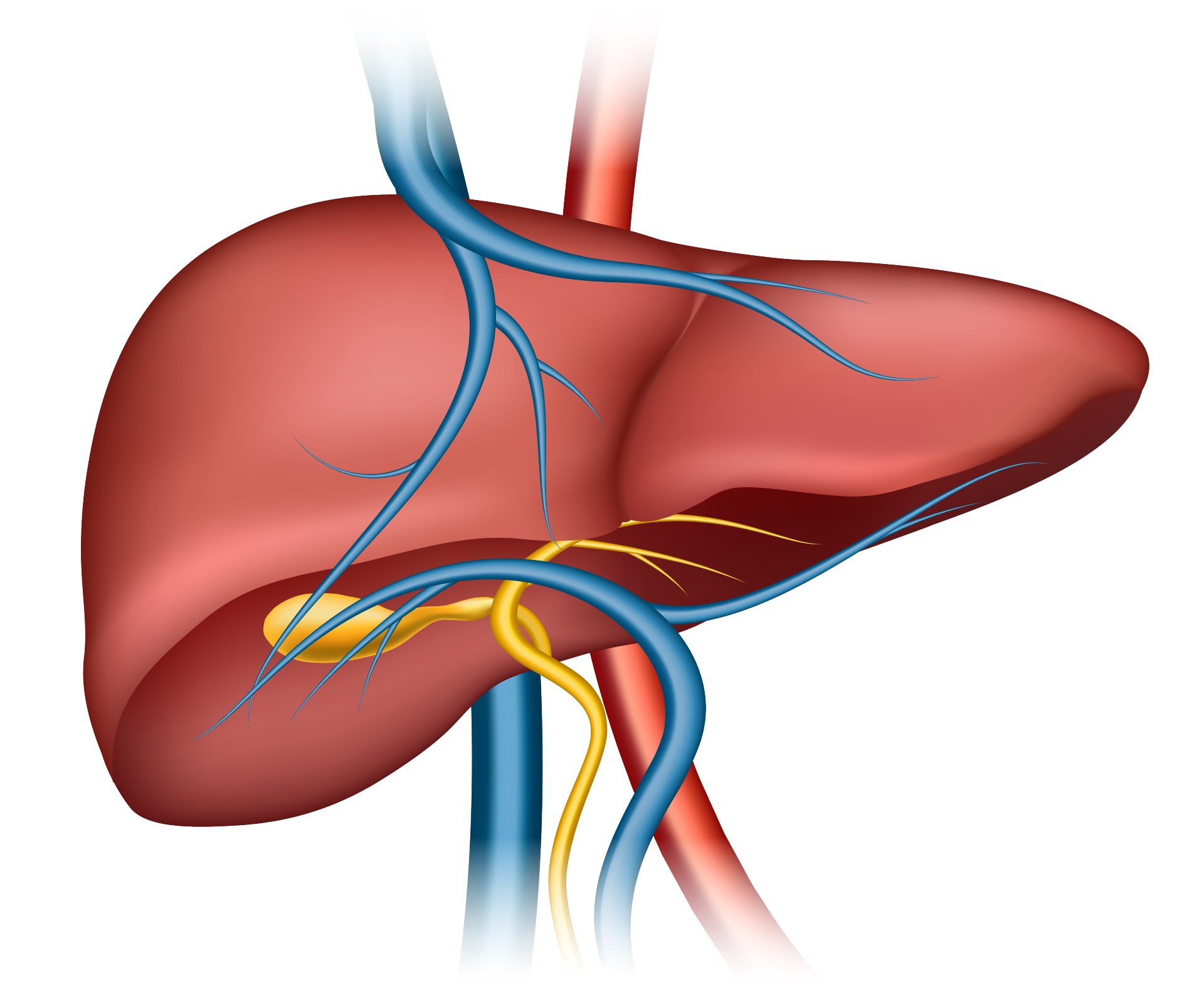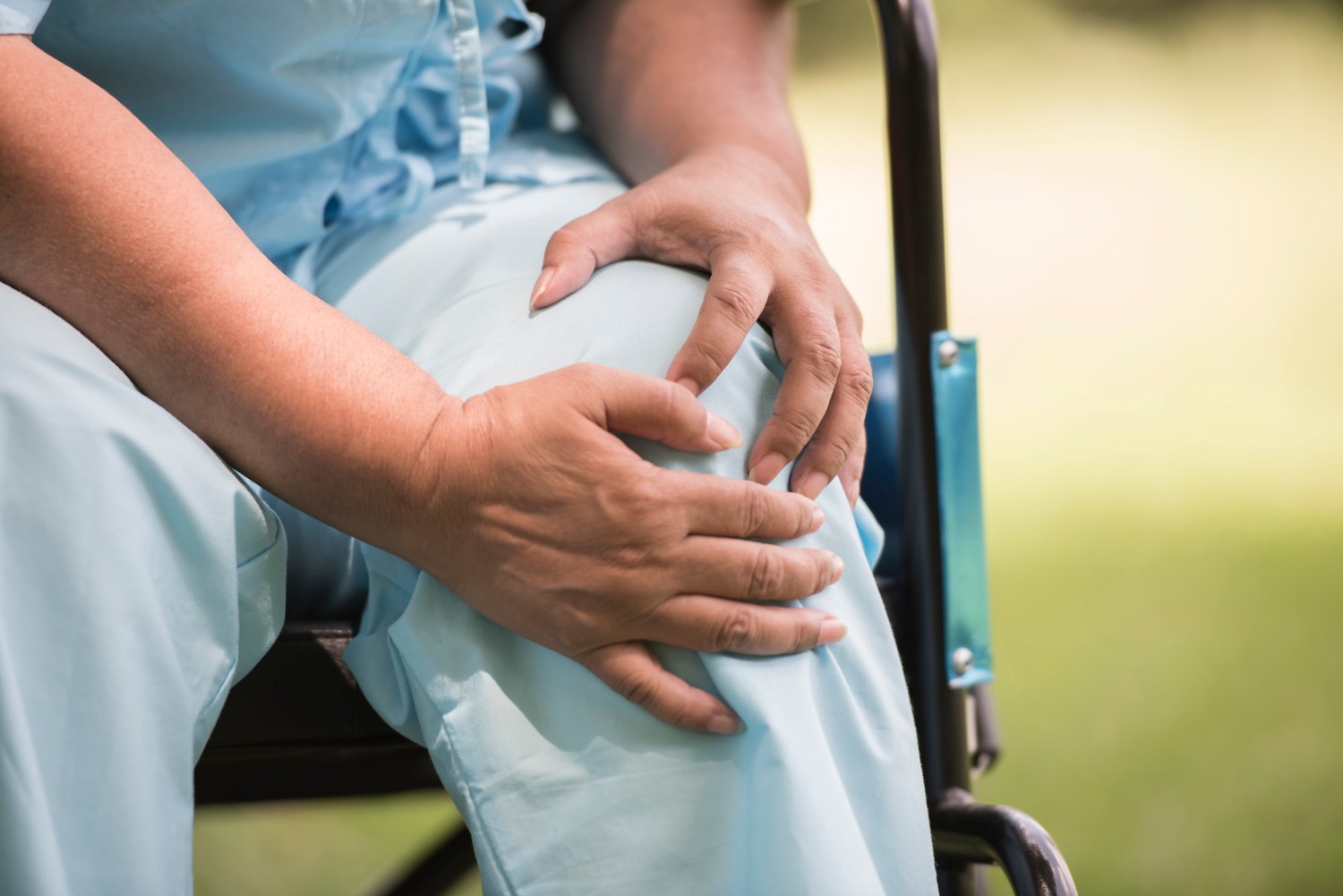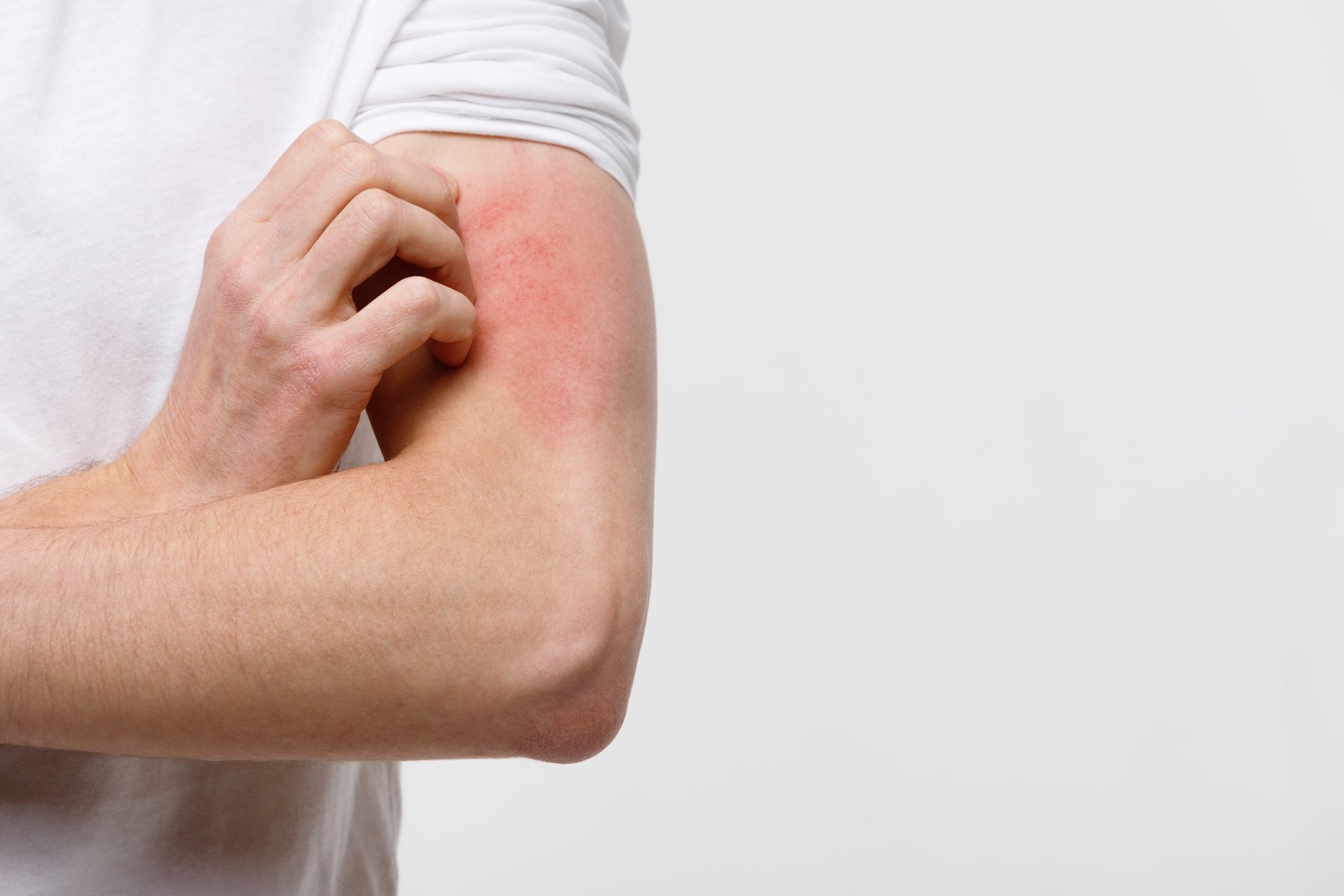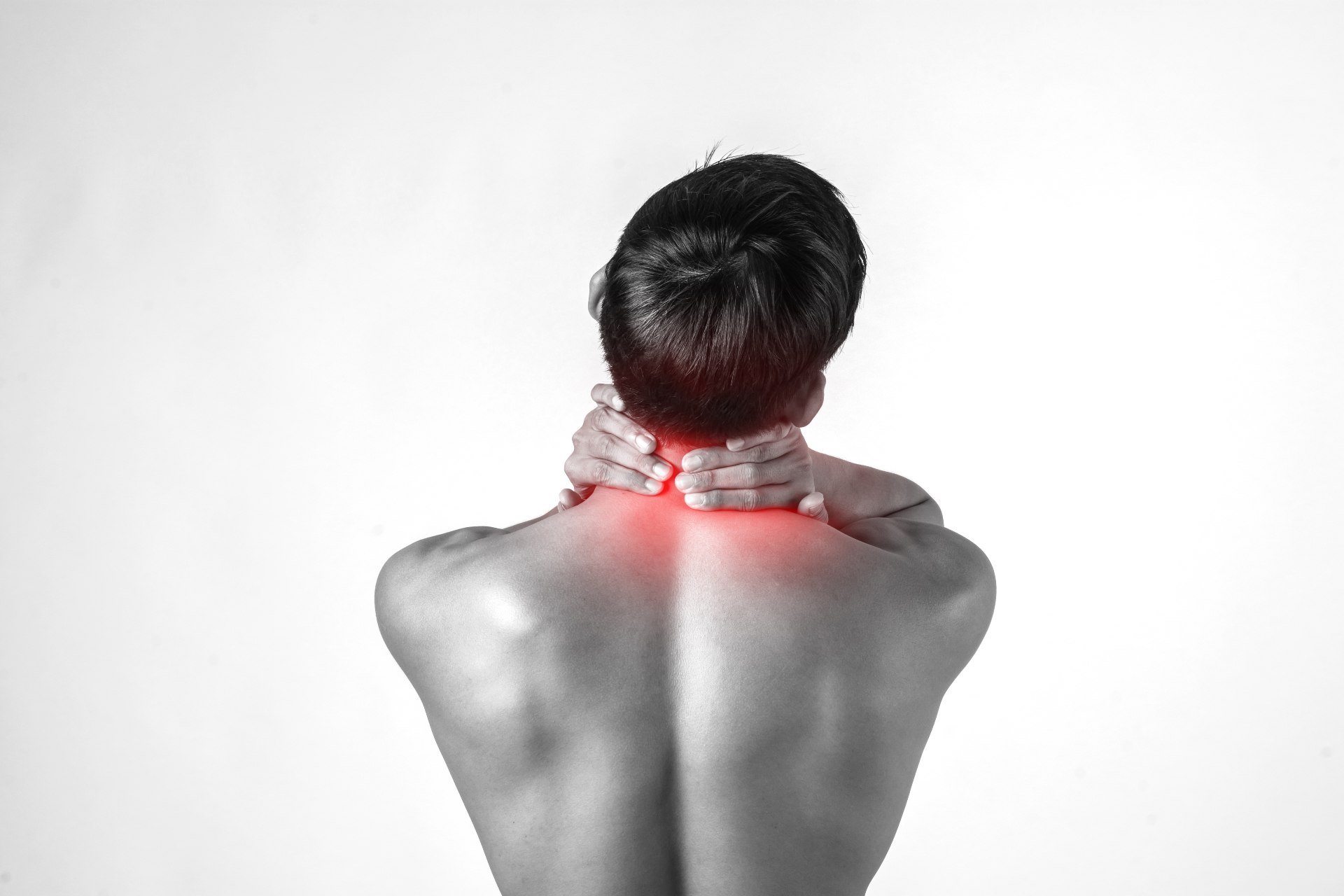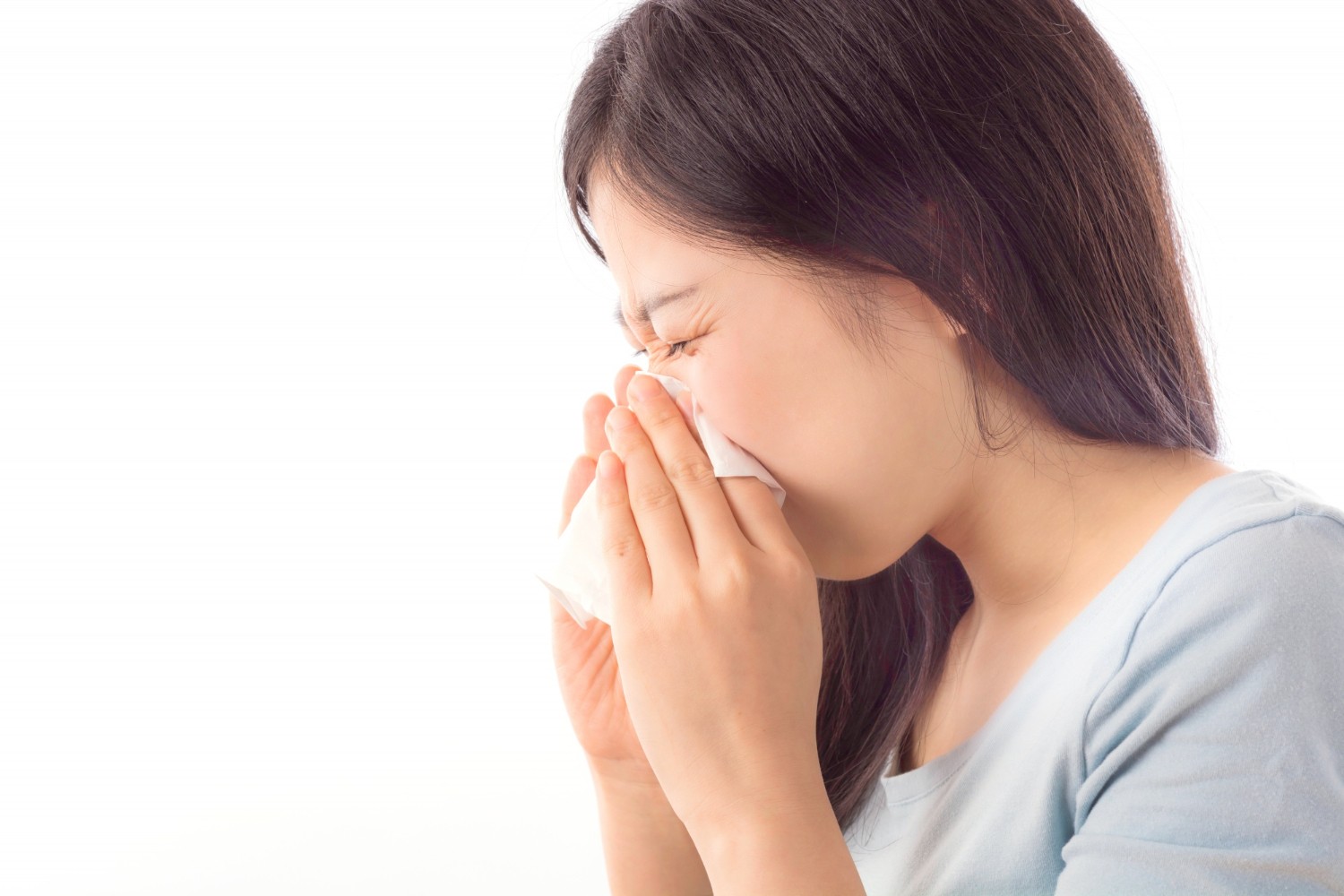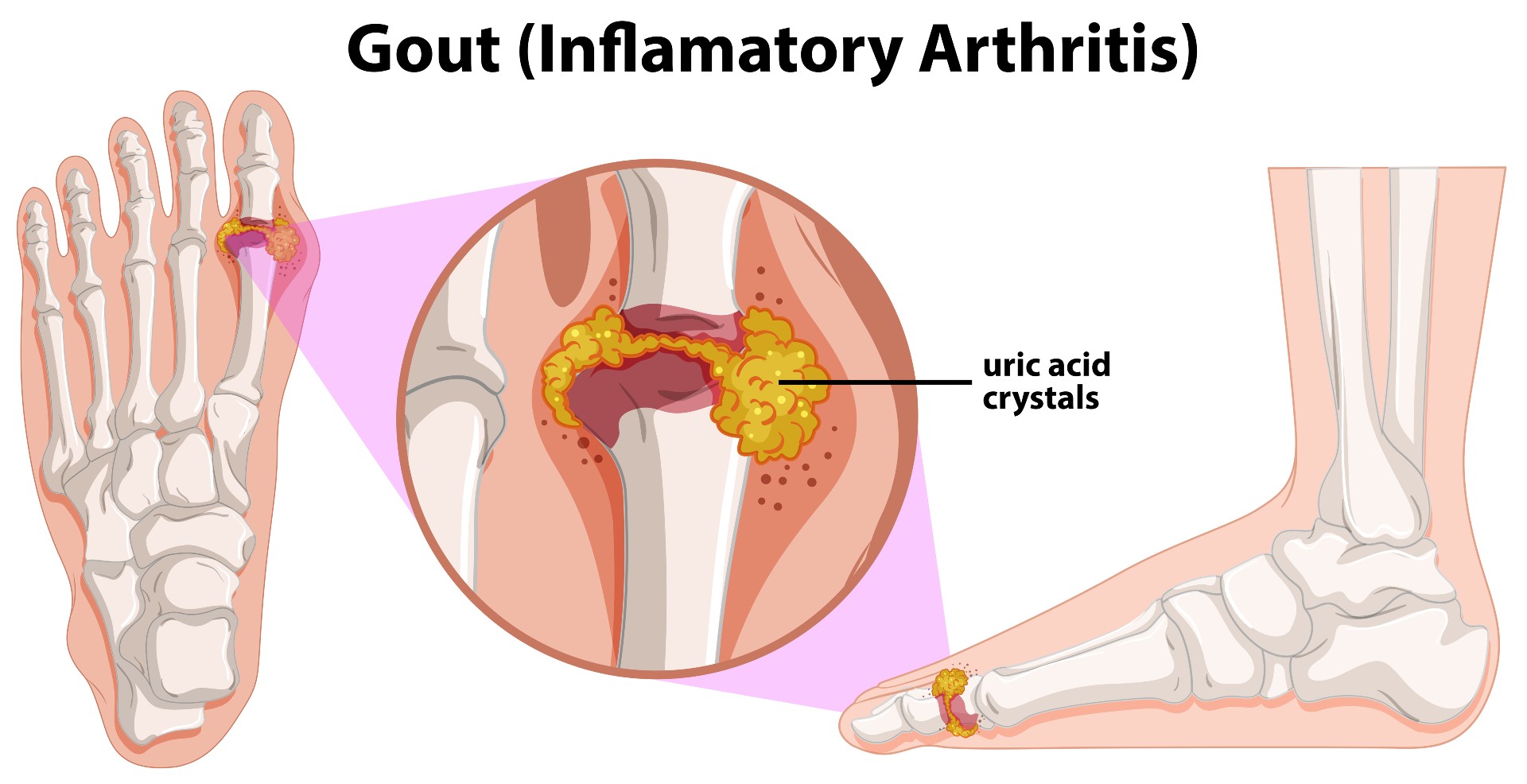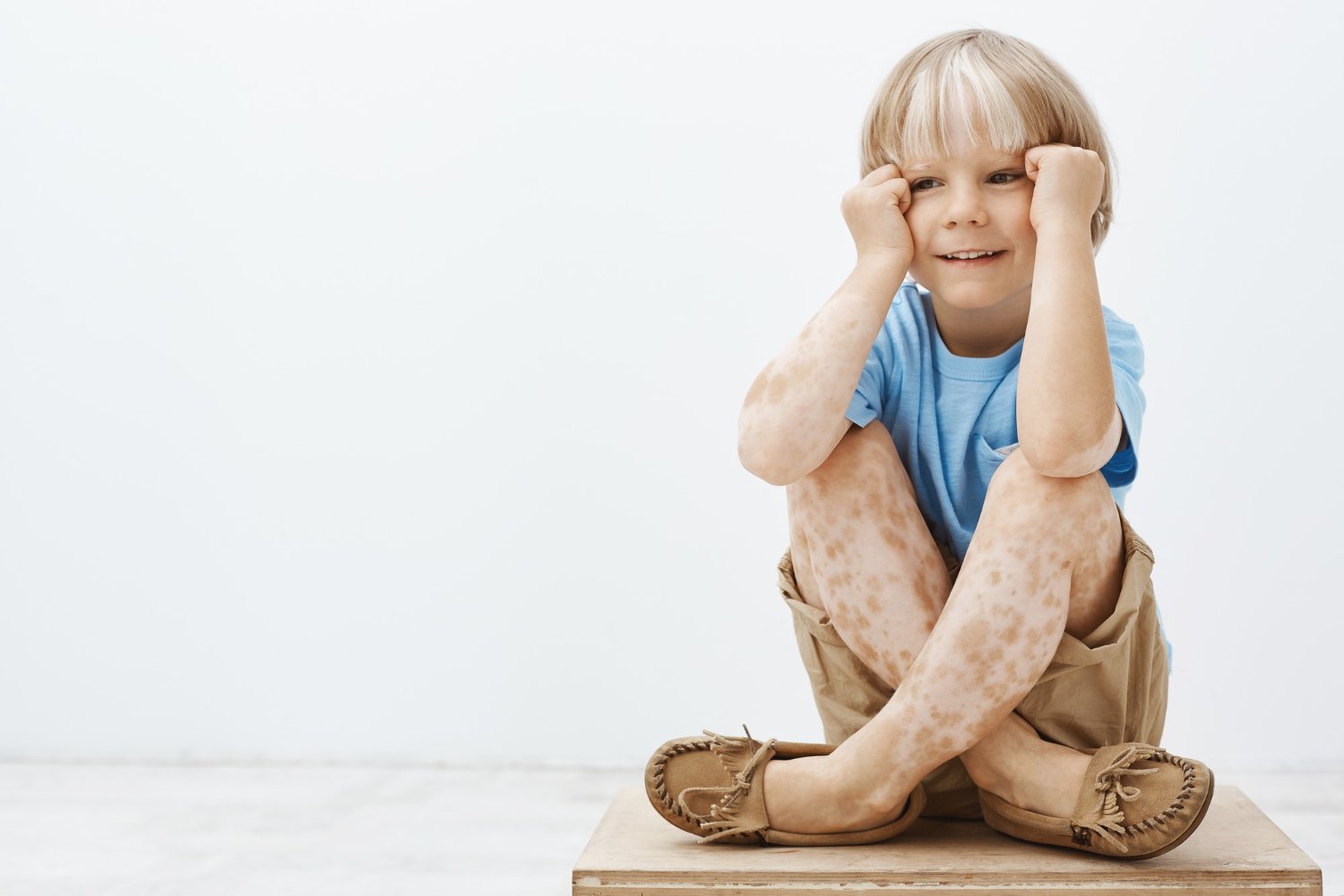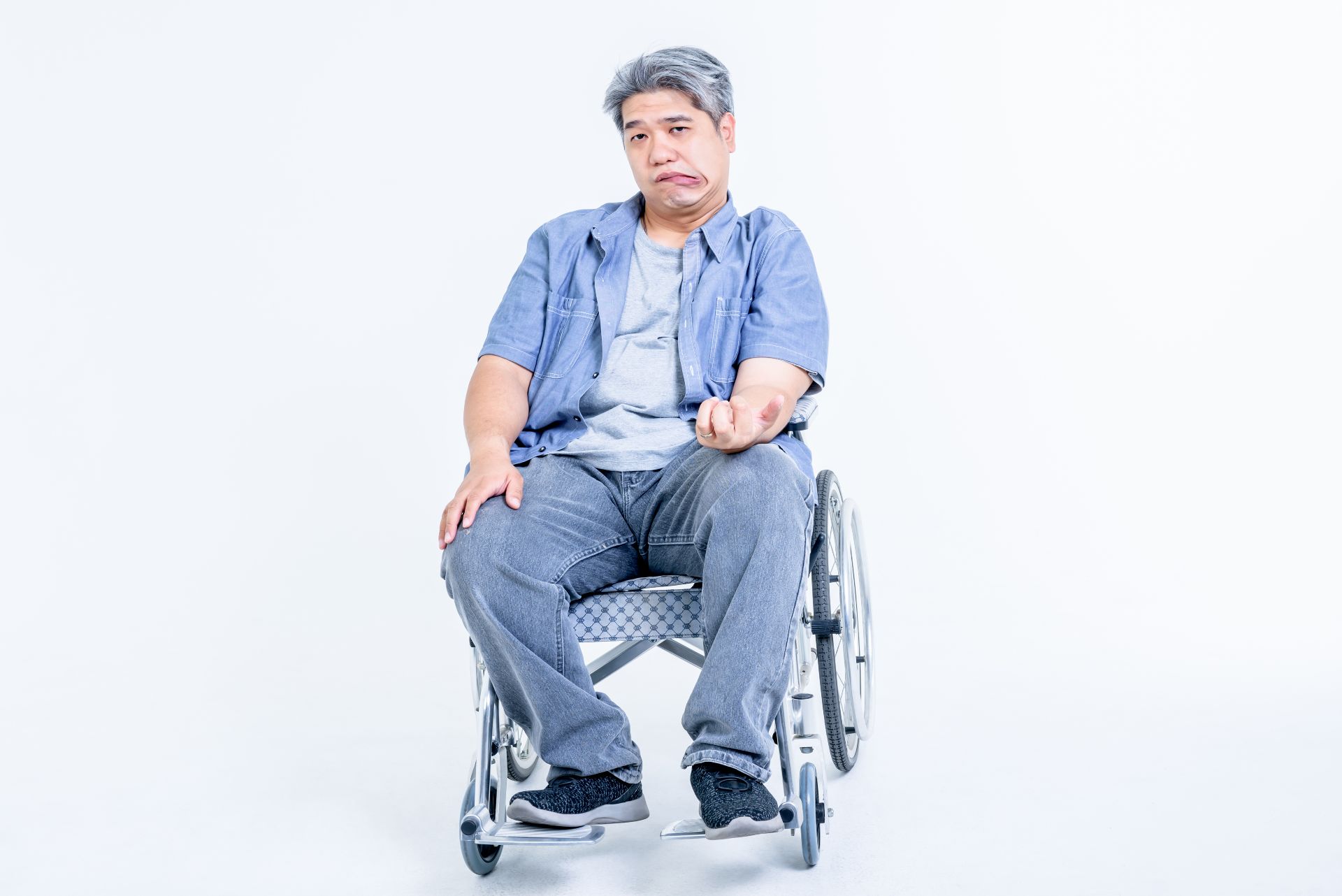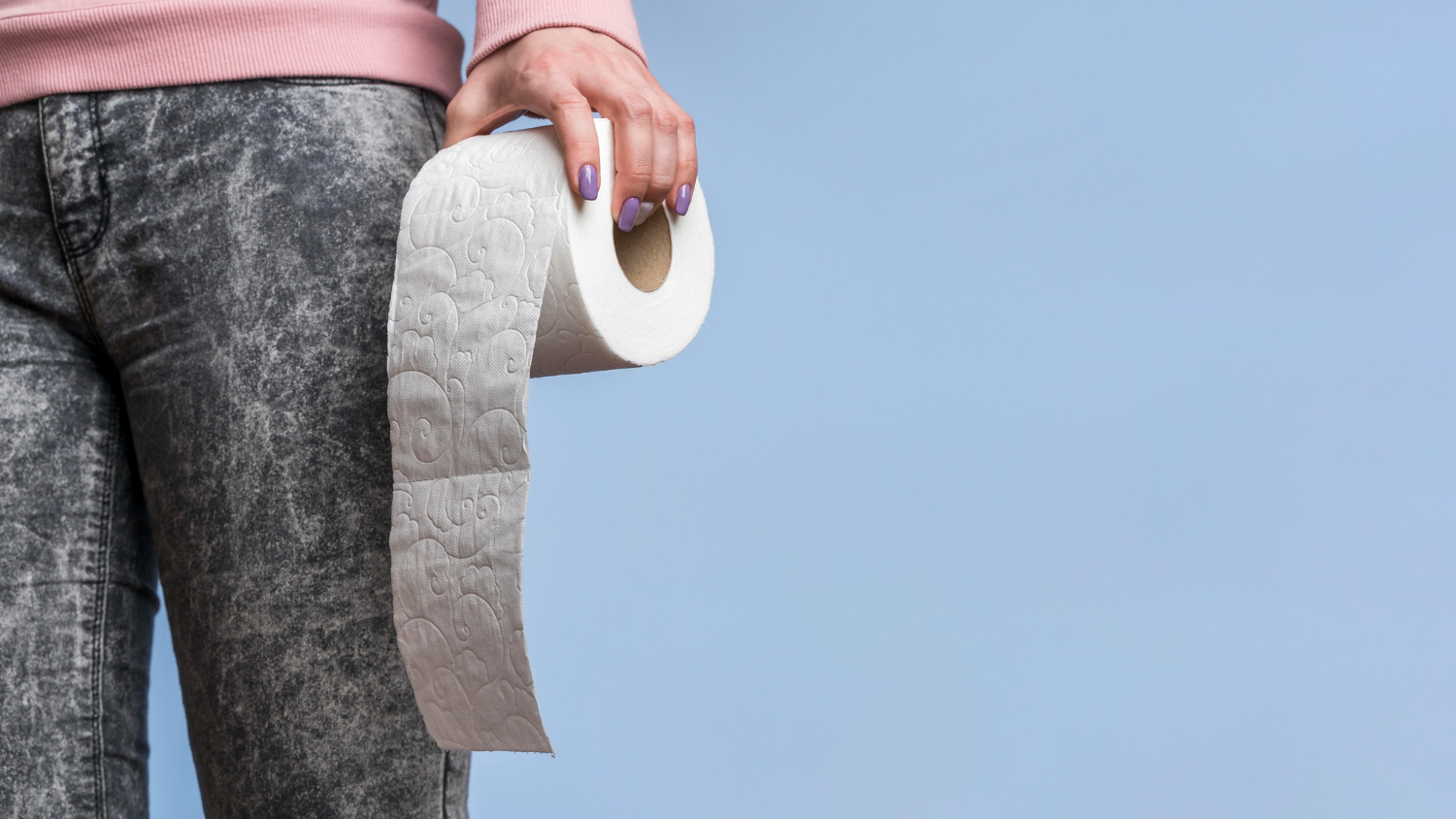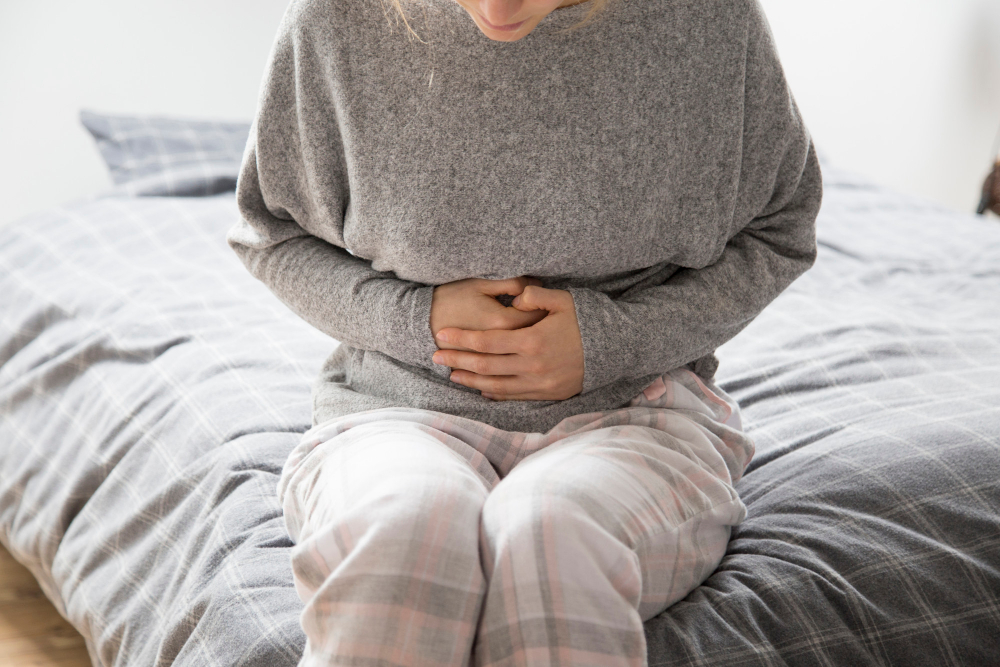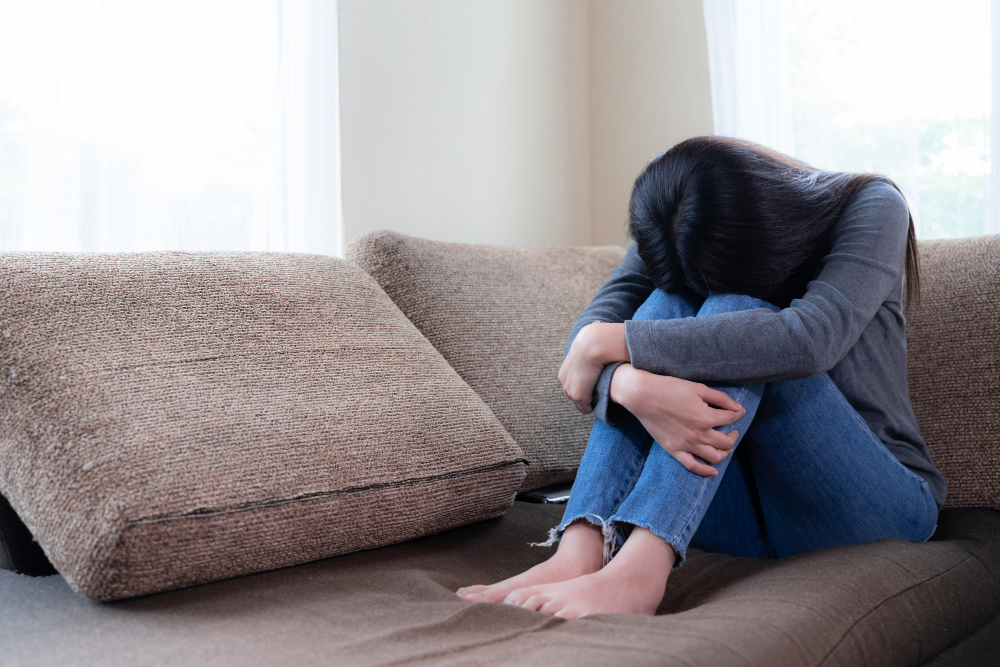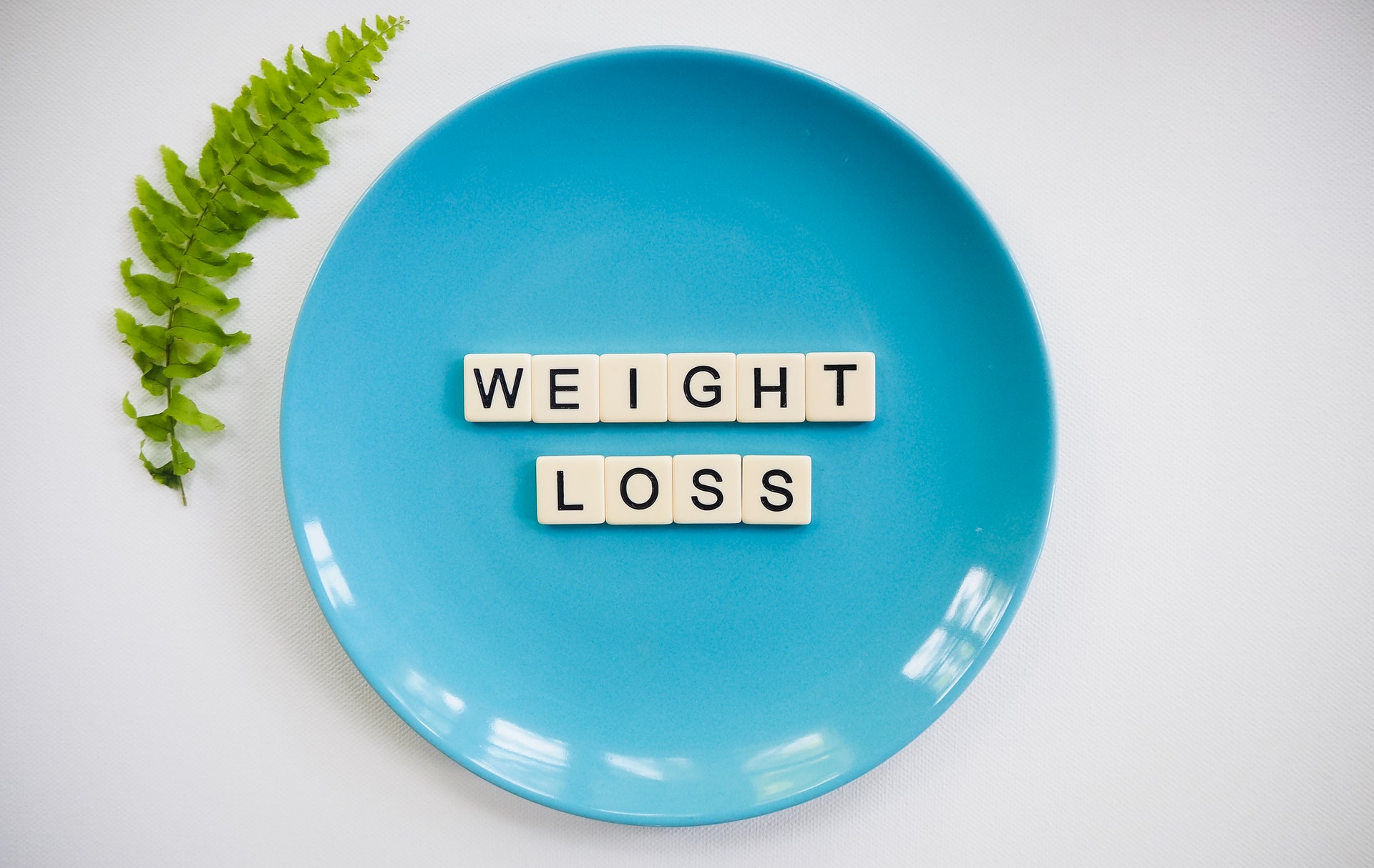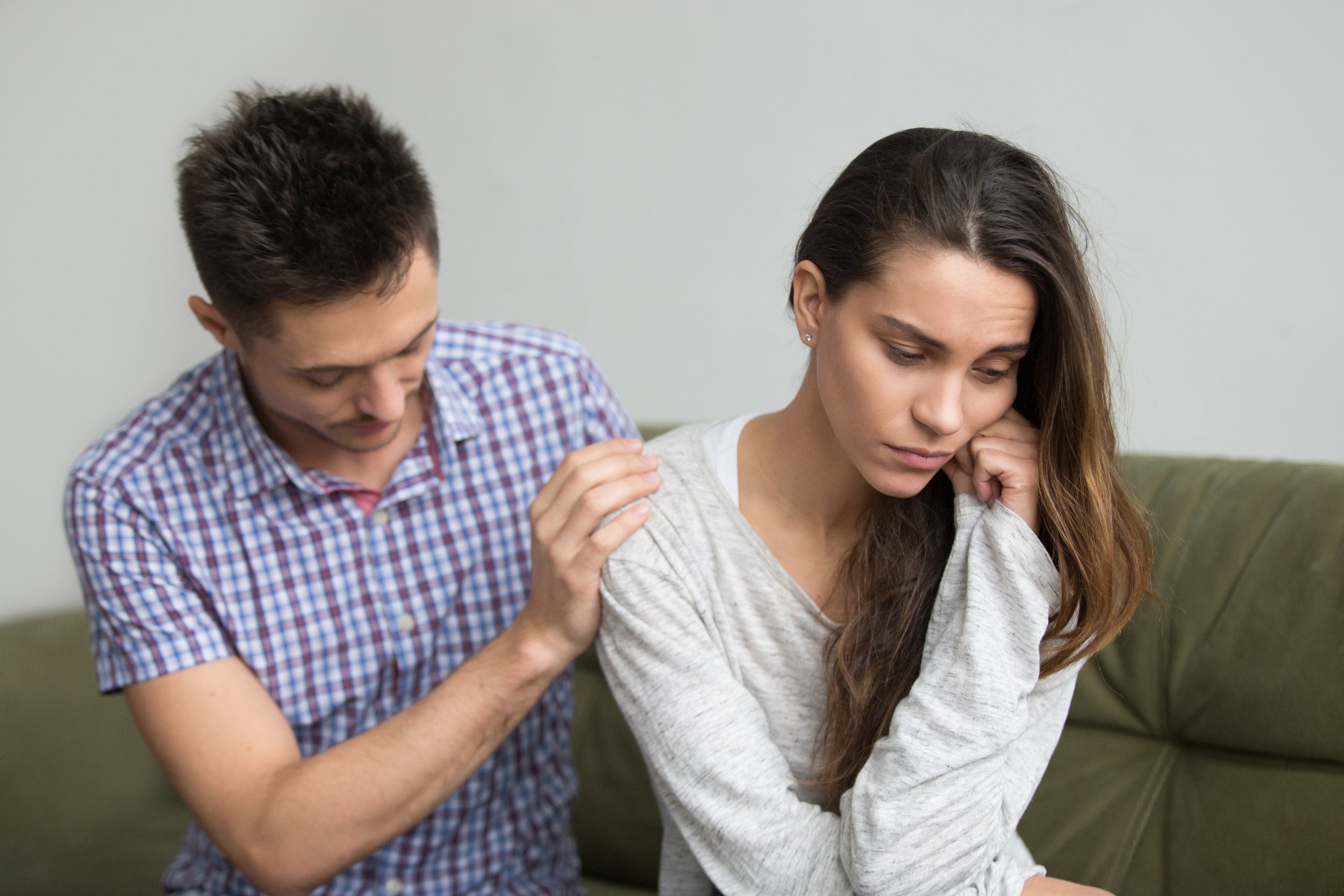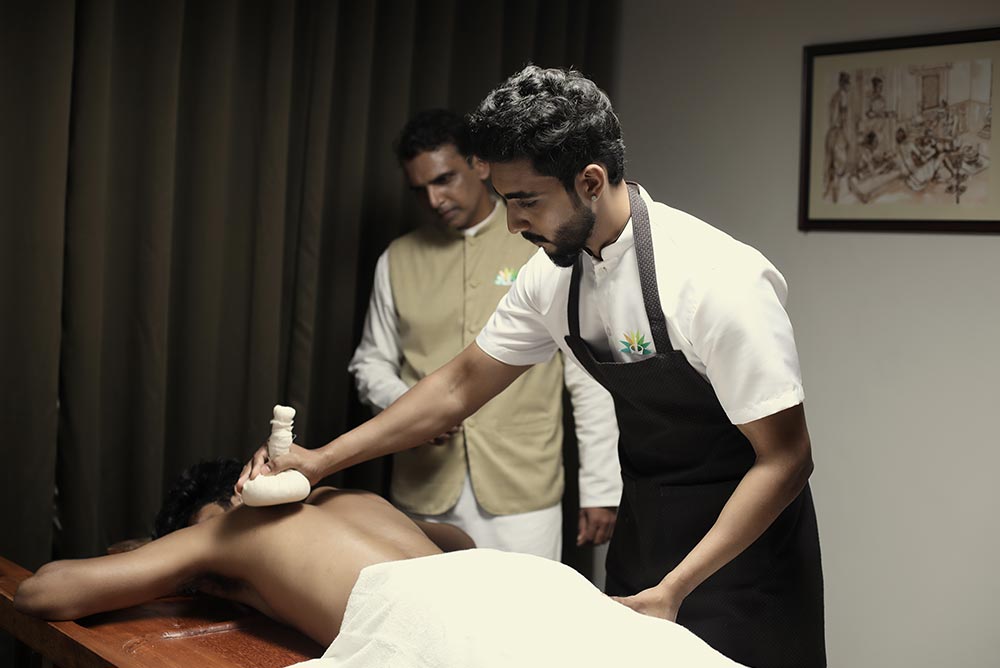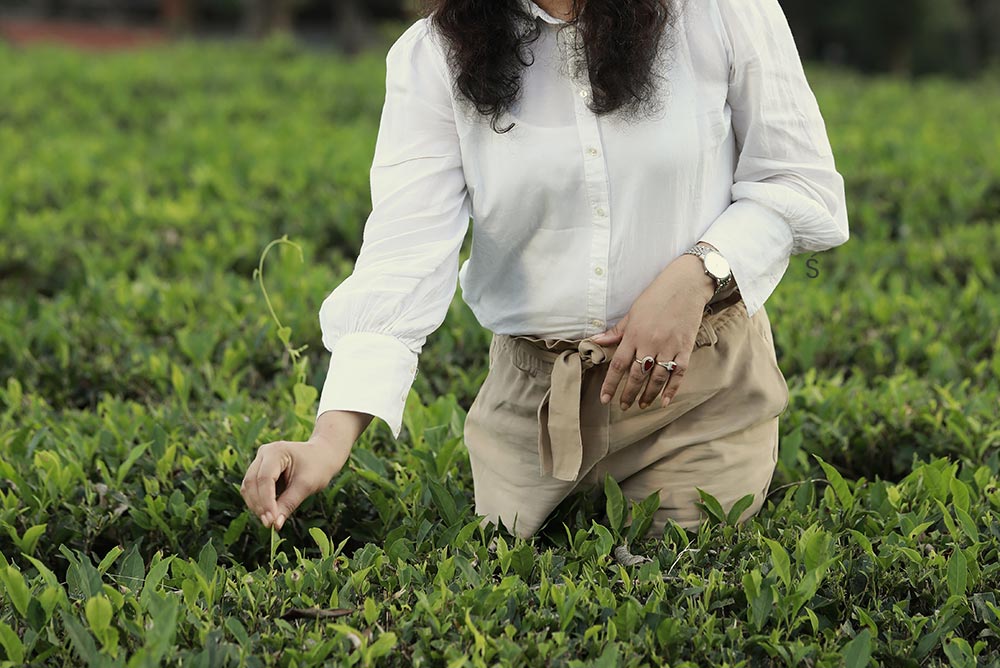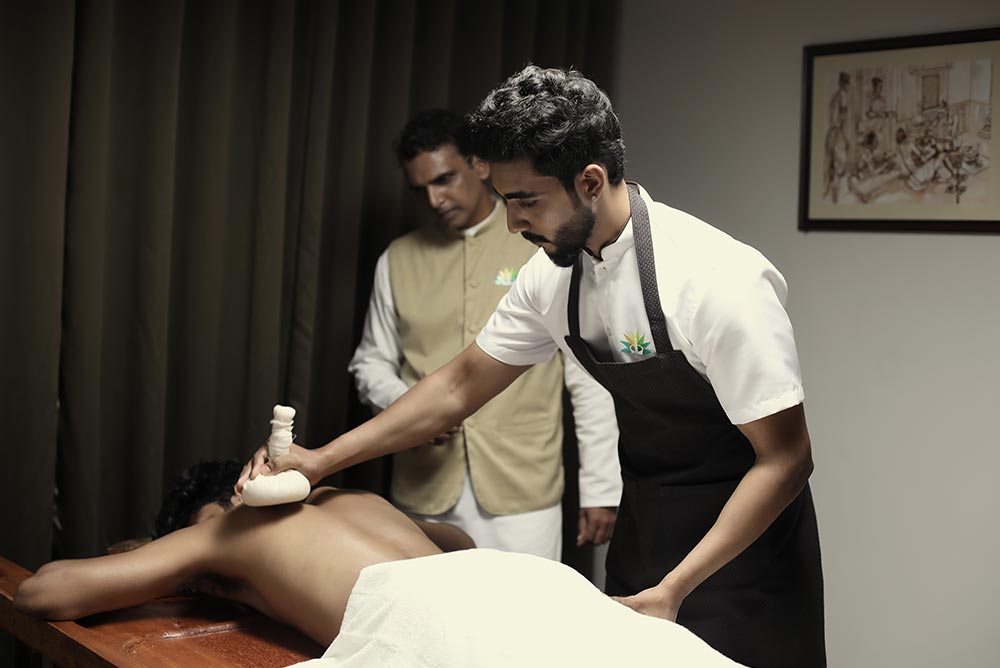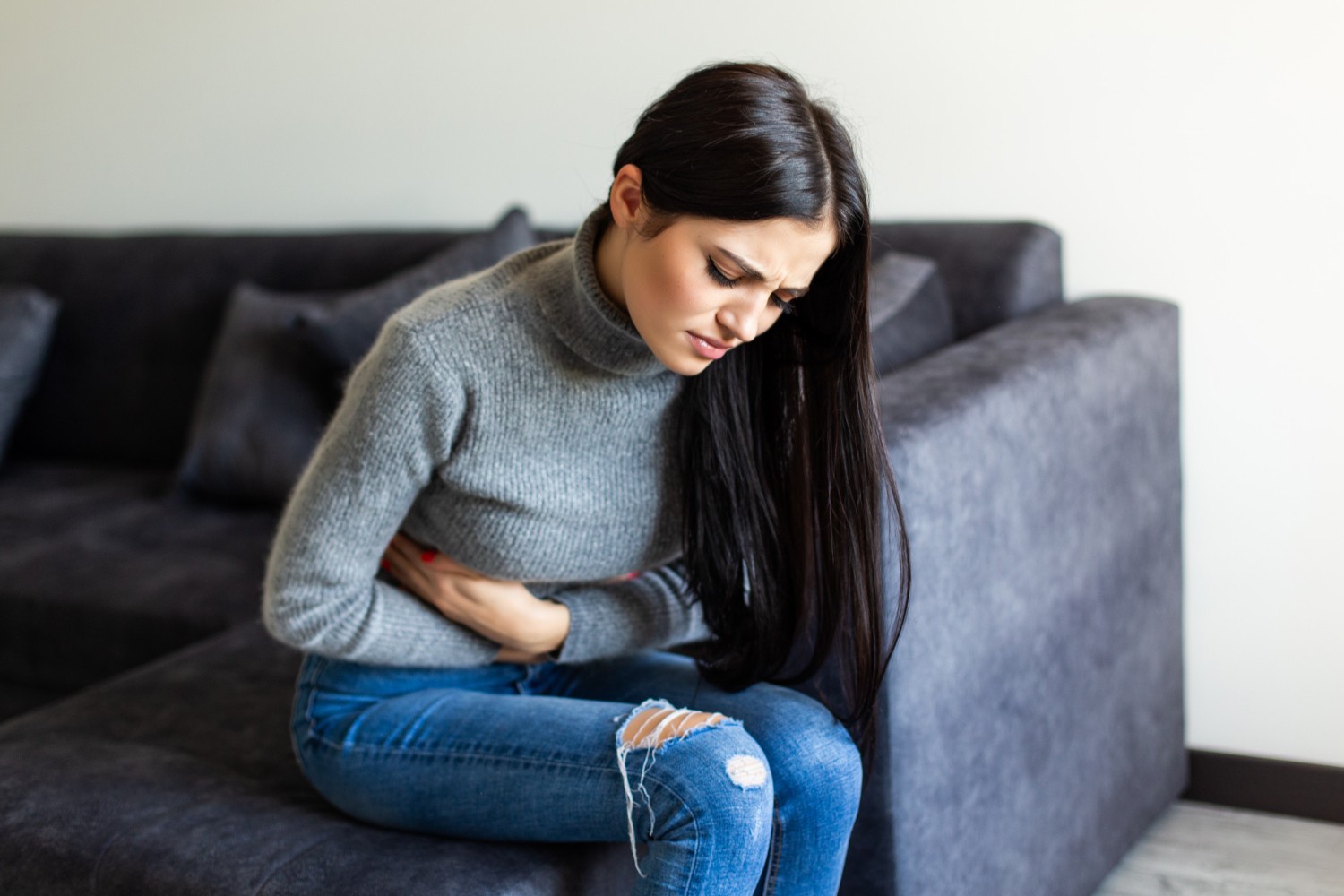
Ayurvedic treatment for pcos
Polycystic Ovary Syndrome, or PCOS, is a hormonal disorder common among women of reproductive age. Women with PCOS tend to have infrequent or prolonged menstrual periods or excess male hormone (androgen) levels. The ovaries may develop numerous small collections of fluid, known as follicles, and fail to regularly release eggs. While the exact cause of PCOS is unknown, early diagnosis and treatment along with weight loss may reduce the risk of long-term complications such as type 2 diabetes and heart disease.
Signs and symptoms of PCOS typically develop around the time of the first menstrual period during puberty. Sometimes PCOS develops later, for example, in response to substantial weight gain. A diagnosis of PCOS is usually made when the individual experiences at least two signs that can include irregular periods, excessive androgen, or polycystic ovaries. Infrequent or prolonged menstrual cycles are the most common sign of PCOS, while elevated levels of androgen can also result in physical signs such as excess facial and body hair, and occasionally severe acne and male-pattern baldness. In the case of polycystic ovaries, they might be enlarged and contain follicles that surround the eggs, restricting the ovaries from being able to function properly.
As we said before, while it may not be possible to pinpoint the exact causes, there are a few factors that might play a role, including excess levels of insulin, the hormone that allows cells to use sugar, your body's primary energy supply. If the cells become resistant to the action of insulin, then blood sugar levels can rise and the body might produce more insulin. Excess insulin can increase androgen production, causing difficulty with ovulation.
Another reason could be low-grade inflammation, a process used to describe white blood cells' production of substances to fight infection. According to studies, women with PCOS have a certain type of low-grade inflammation that stimulates polycystic ovaries to produce androgens, which can lead to heart and blood vessel problems. Of course, heredity also plays a part as research shows that certain genes might be linked to PCOS.
Complications of PCOS can include infertility, gestational diabetes or pregnancy-induced high blood pressure, miscarriage or premature birth, non-alcoholic steatohepatitis (a severe liver inflammation caused by fat accumulation in the liver), metabolic syndrome (a cluster of conditions including high blood pressure, high blood sugar, and abnormal cholesterol or triglyceride levels that significantly increase the risk of cardiovascular disease), type 2 diabetes or prediabetes, sleep apnea, depression, anxiety and eating disorders, abnormal uterine bleeding, and cancer of the uterine lining (endometrial cancer). Obesity is also associated with PCOS and can worsen complications of the disorder.
Polycystic ovary syndrome needs early diagnosis and long term management for avoiding long-term complications. If diagnosed with PCOS, some women may consider Ayurveda, the ancient Indian holistic healing system. One of the world's oldest holistic practices, Ayurveda is based on the concept that wellness and health are achieved through a balance between mind, body, and spirit. At Jeevess, our trained doctors advise personalised treatments after studying each individual's condition and body type. Panchakarma treatments and therapies work together to bring about a sustainable solution that can reverse the negative effects of PCOS. We guide you on the right diet and lifestyle changes as per severity and individual needs, which help in improving your health. Generally, the treatment will consist of Virechana (detoxification), Nasya, Shirodhara, and Uttarbasti along with changes to diet and lifestyle. By following a very systematic approach in treating the disorder, we are able to implement treatments customised for each individual, one that is specific to their symptoms.
Weight loss plays an important role, as losing even 5-10 percent of weight helps to improve regular menstrual cycles. By treating scanty blood loss and thin endometrium, regular menstruation cycles can be restored. Similarly, fertility can be improved by focusing on regular ovulation and AMH levels. Jeevess Ayurveda has specific treatments to fight skin and hair issues, as well as to restore normal hormonal levels. Typically, ayurveda medicines are prescribed for 6 to 12 menstrual cycles along with beneficial guidance on diet and exercise.
For individuals suffering from the disorder, diet recommendations typically include avoiding all sugary foods and artificial sweeteners, reducing salt intake during menstruation, increasing the consumption of fruits and vegetables, and choosing whole grains. Non-vegetarians can take protein-rich foods like fresh fish, organic chicken, organic eggs, and legumes, but should limit the intake of saturated fats found in red meat, fried foods, and processed snacks.
Managing stress and anxiety can also help to balance a person's hormones. One should stay well hydrated by drinking 1.5 to 2 litres of water a day, and ideally perform moderate exercise of 45 minutes daily. Pranayama and yoga helps to tone the entire reproductive system. Asanas like Dhanurasana, Uttanpadasana, Badhakonasana, Ushtrasana, Vrikshasana, and Vajrasana are ideal yoga asanas for women that help in developing a regular and healthy menstrual cycle. Practising these asanas regularly will not only help fight obesity, but also improve muscular strength and develop healthy reproductive organs by achieving hormonal balance.



